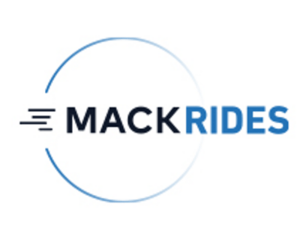European Council Approves AI Act
Yesterday in Brussels, the Council of Ministers of the 27 EU member states adopted the “AI Act” to regulate the use of artificial intelligence (AI), which will come into force by the beginning of July this year. The final rules will apply from spring 2026 – until then, companies and other AI users have time to adapt to the new laws, which will bring far-reaching changes not only for the digital economy. For example, the new AI Act regulates the use of AI-supported technologies for companies in the areas of video surveillance, voice recognition and financial data analysis. A labeling requirement for AI users and content creators is intended to ensure greater transparency for text, images and sound.
With the AI Act, the EU is meeting a demand from the digital economy with regard to a future-oriented EU digital policy. Nevertheless, a number of questions remain unanswered at this stage – not least the question of whether it will be possible to monitor compliance with the rules in the face of an unmanageable amount of constantly new content. Aside from this, digital associations such as the German industry association BITKOM are already warning against overly strict regulation that would stifle innovation. What is needed, among other things, is “practical assistance from the authorities”.
The AI Act also regulates particularly sensitive AI-supported data processing issues, such as facial recognition at railway stations, airports and other public places. The so-called biometric categorization based on sensitive characteristics and the non-selective screening of facial images from the web or surveillance cameras is prohibited. According to the new EU law, this will only be possible by judge’s decision.
“Whether AI receives a boost in Germany and Europe or is faced with new obstacles depends crucially on how this framework is designed and how the regulations are implemented in Germany. We must leave room for AI innovations that serve people. The aim must be to promote the use of AI in business, administration and society. Only 13% of companies are using AI, while a further 33% are planning or discussing it. The implementation of the AI Act must ensure that AI is successfully developed and widely used in Germany,” says Bitkom President Ralf Wintergerst.
AI applications are also playing an increasing role in the European leisure industry and are being used in very different areas: in attractions for a personalized visitor experience, in ticketing and guest management, in the development of story worlds, gastronomy, etc. – in the current issue of EAP magazine, our topic series starts with a focus on AI in creative design, in leisure pools and in park gastronomy. Click here for the magazine, which is available as a print edition and as ePaper. ■








